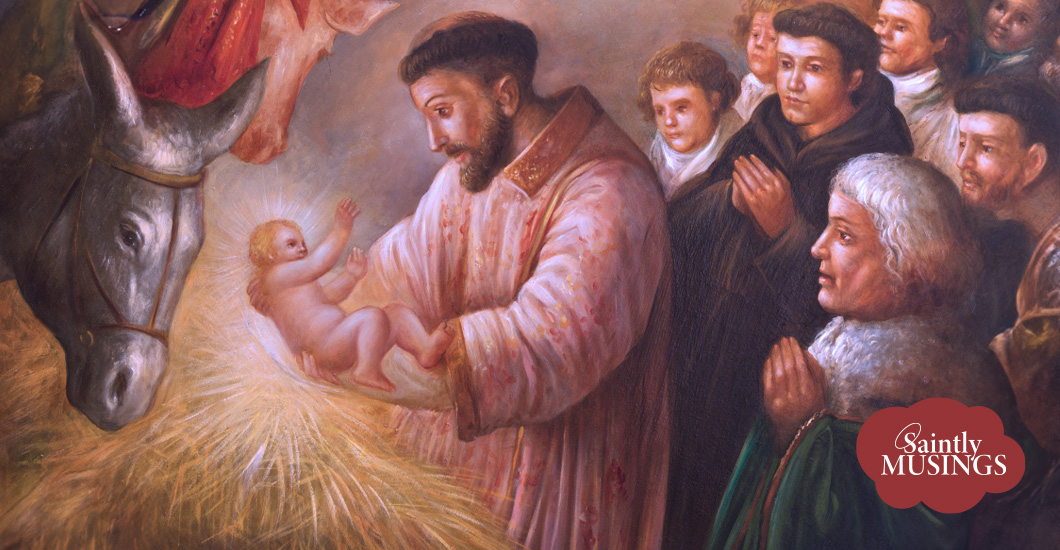Trending Articles
How My Husband Handled My Past
Our wedding was a long way off.
We were having one of those meaningful conversations that lasted for hours; the kind that changed our whole relationship—our dynamic, our regard for each other, and the very context of how we would work together in the years ahead. We were completely open and honest, baring our souls a little more than usual.
I sat there and listened to Andrew pour out his heart; a rare gift indeed from an introvert and I knew it. He told me about wounds and challenges, joys and blessings to such a depth I had not heard from him before; we were closer simply because he chose to trust me. After diving into the experience of his life, we sat in peaceful silence.
It was my turn. Or at least I felt like it was.
He was not expecting me to tell him my deepest, darkest secrets. He was not expecting anything at all. Still, I felt compelled. The truth was I had a wound, too. Something I shared with very few and, when I recalled it, I hated myself. It was something painfully foolish from a long time ago that I regretted and carried around for too long. He needed to know.
“I — need to tell you something,” I stammered. I did not know how I was going to say this.
Seeing my hesitation, Andrew spoke before I could begin, “Wait.” He was so collected and patient. “Is what you’re about to tell me something that’s going on now? Will it affect our marriage or our relationship right now?”
I furrowed, “No…” What was he doing?
Taking my hands, “Have you confessed it? I mean, if it needed to be confessed?” he followed.
“Yes.” I was confused.
Then with a strength and integrity I could not begin to fathom he said, “Then you don’t need to tell me. Forgive yourself. I love you.”
And that was it.
No prodding for details. No skepticism or questioning of my character. Pure mercy. Complete love.
And he was right. Our scars, whether self-imposed or brought on by others, are private and fragile pieces of ourselves to be shared only with those who will regard them as such; and chances are those precious few will not be influenced by them to the point of revulsion. That night, Andrew forgave me for something he did not even know about and still does not. It is not important, neither did it carry the weight I thought it would.
That is not to say that we should conceal from our fiancés and spouses what we know is important information; when preparing for marriage and within Holy Matrimony itself, it is paramount to have full disclosure of any and all details that might affect your marital relationship, however painful (Canon Law, 1098)
And it is how we respond to that self-disclosure that matters. Do we shut down with anger when painful baggage is at our feet or do we help pick it up? Andrew has said a thousand times, “Everybody’s got something’.” Is that not the truth? We are all broken somehow and as someone with sensitivities, some still tender, it is a relief to know that my husband is a safe place for me to land; and I want to make myself the same for him.
Though conflicts and mistakes are inevitable and on the horizon always, what gets us to the heavenly gates is how closely we imitate Jesus for our spouses. Even now just writing about it, I realize that night was the first time I encountered Christ through Andrew; Christ who forgives, then lets it go without holding a grudge; Christ who loves in a way that absorbs our shame, as Saint John Paul II put it.
If Andrew and I love each other like this, then our sacrament becomes a haven—a shelter among life’s storms, and our children raised here will have peace if we keep at it.
It is a nice idea, I know.
And maybe it feels a little out of reach. That is ok—for just the two of us, it is out of reach; but equipped with grace unique to the Sacrament of Marriage, offering mercy is possible. (I hardly ever remember to ask specifically for “the grace of our sacrament” when the thunder rolls under our roof, but it is there).
Our conversation when we were engaged was defining for our relationship. We allowed ourselves to be open and then received the other carefully. It is our mutual role to be the face of mercy to our spouses. We are called to forgive repeated injuries because we all have habitual sins and vices; we are asked to put the whole of our sacrament above ourselves as individuals; we have to cooperate to see each other and our family succeed—and repeat. It is daunting to think of making a huge overhaul in my behavior to last as long as we both shall live, so I am shooting for generous mercy one instance at a time and asking God, in His own mercy, to cover my shortcomings
Katie Sciba is a speaker and three-time Catholic Press Awardwinning columnist for the Diocese of Shreveport. As a theology major of Benedictine College, Sciba’s ministry focuses on inviting and encountering Christ in marriage and family. Her blog, The Catholic Wife(.net) is frequently syndicated on Catholic news sites and she has made several guest appearances on Catholic radio. Sciba and her husband Andrew live in Shreveport, Louisiana, with their four children.
Latest Articles
Want to be in the loop?
Get the latest updates from Tidings!







